The thorny path to the EU: Moldova's Integration Process
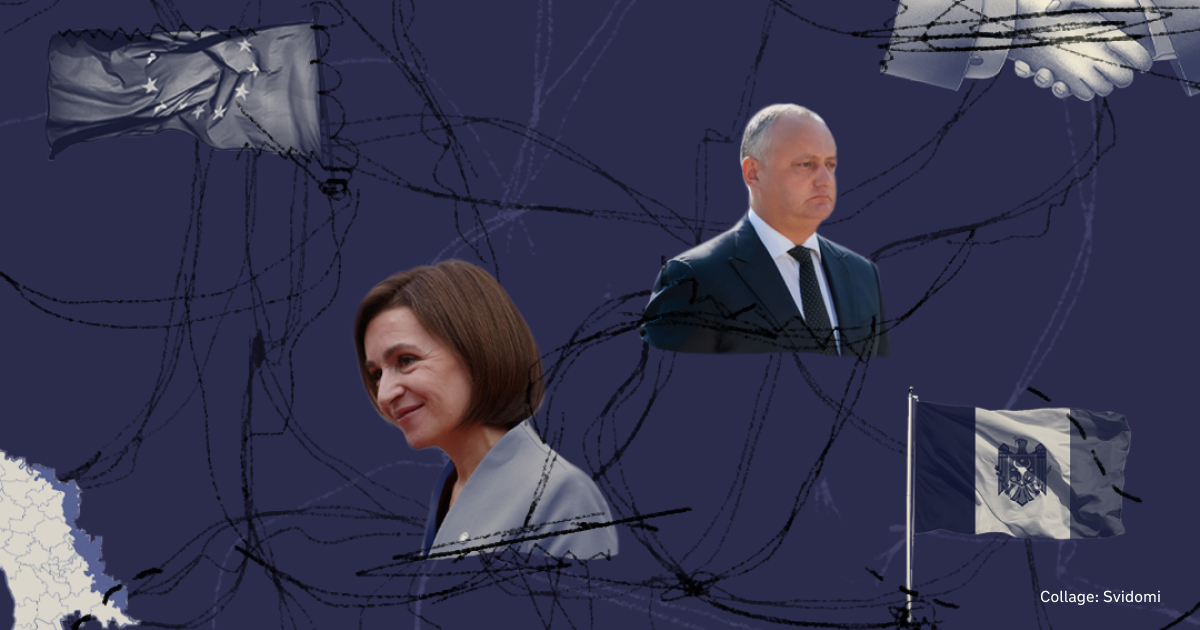
Moldova was granted EU candidate status in June 2022, and in December 2023, the European Council decided to open membership negotiations with the country.
Read this article to learn how Moldova is negotiating with the European Union and adopting reforms and changes on its path to membership.
Political action
Moldova signed an Association Agreement with the European Union in 2014. According to the EU, the agreement would facilitate Moldova's economic and political integration with the EU, stabilise democratic processes and strengthen cooperation between the countries. The agreement entered into force in 2016 after each EU member state completed the ratification process.
Moldova gained access to the EU market with the abolition of import duties for most Moldovan goods; the right to enter the Schengen area without a visa for a certain period; access to the EU energy system and the European Investment Bank's funding programmes.

Moldova held Presidential elections in 2016. The newly elected President of Moldova, Igor Dodon, favoured a referendum on cancelling the Association Agreement with the EU and joining the Eurasian Union under Russian leadership.
The Moldovan government postponed its decision to apply for membership after Russia imposed trade restrictions on Moldovan products in 2014, immediately after signing the Association Agreement with the EU. This led to a 5.3% drop in GDP in 2015, compared to a 5% GDP growth in 2014.
In 2019, parliamentary elections were held in Moldova, and the Party of Socialists of the Republic of Moldova emerged as the winner. Dodon led the party until 2016 when he was elected president and stepped down. The party then elected Zinaida Greceanîi, former Prime Minister of Moldova in 2008-2009, as its new leader.
In 2021, the party abolished the position of leader and is now run by an executive committee of 5-6 people. The party advocates for neutrality in the international arena, improving relations with Russia, and revising articles of the association agreement with the European Union as the ones that “harm” the economy.
Maia Sandu became president of Moldova in 2020. She advocated for Moldova's integration into the EU, closer ties with Ukraine to achieve EU membership and a peaceful resolution to the conflict over Russia-occupied Transnistria. In 2021, Moldova renewed its parliament, with the pro-European Action and Solidarity party winning the elections and forming the government with over 52% of the vote.
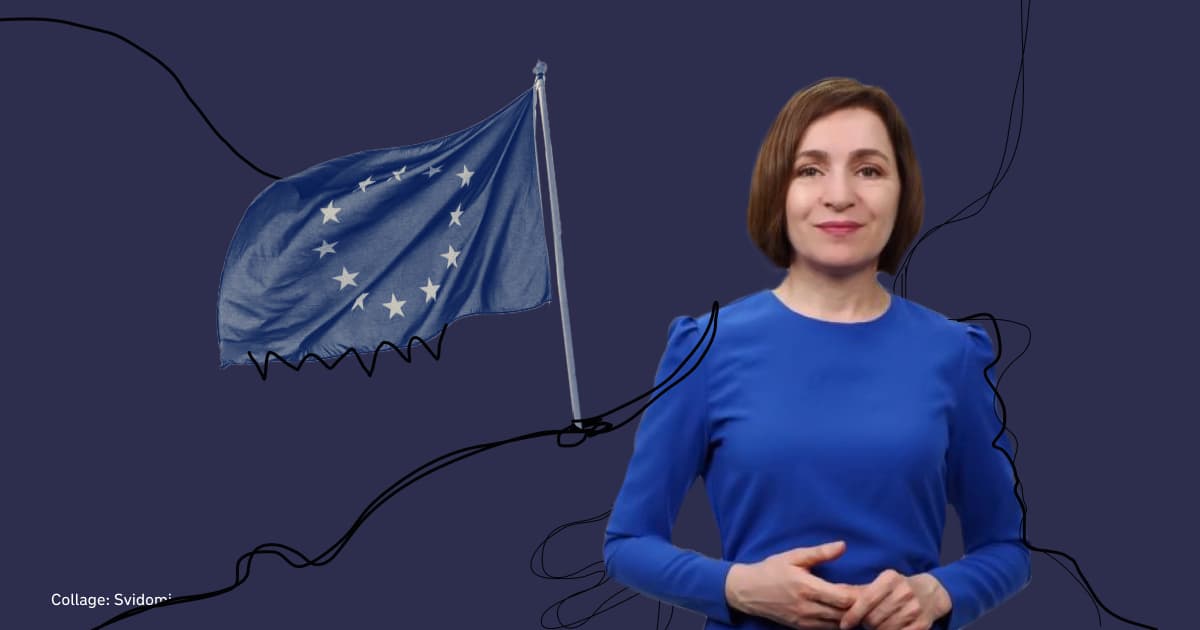
But Moldova had not yet applied for EU membership, although some government officials and parliamentarians have called for it. For example, in 2018, former Deputy Prime Minister Iurie Leancă spoke about a potential application for EU membership.
After Russia's full-scale invasion of Ukraine in 2022, Moldova did apply for EU membership. On June 23 of the same year, the European Council granted Moldova candidate status.
Andrei Curararu, a public policy expert at Watchdog.MD believes that Moldova's decision to apply for EU membership is due to various factors of domestic and foreign policy and that Russia's war against Ukraine is only one of them.
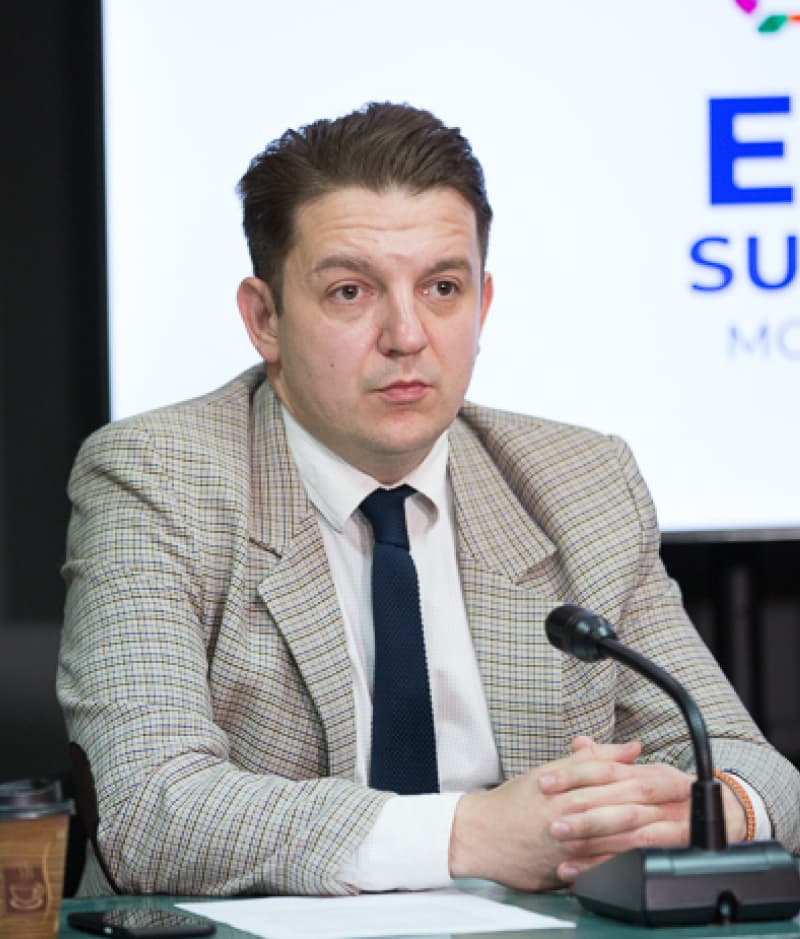
The war has highlighted security and geopolitical challenges in the region. Moldova's response to Ukrainian refugees has strengthened its position and garnered support for its EU membership application. It is important to note that Moldova's decision to apply for membership had to be strategically aligned and coordinated with the EU. It was a matter of meeting the criteria and applying when Moldova was ready to embark on this path, and the EU was ready to support it. The changing global context, particularly the war, accelerated the process, bringing a sense of urgency and clarity to Moldova's European integration ambitions,
Andrei Curararu tells Svidomi.
On December 14, the European Council unanimously agreed to open negotiations on Moldova's EU membership. The European Commission reported that the country had "made progress in fulfilling the nine steps proposed by the Commission to open the negotiation process" in judiciary, de-oligarchisation, public administration and human rights.
Public opinion
There are several Eurosceptic parties in Moldova. Former President Igor Dodon's Party of Socialists of the Republic of Moldova was in power in the 2019 parliament and is in opposition after the 2021 elections.
Another Eurosceptic and pro-Russian party is Shor, which won six out of 101 seats in the 2021 elections. In 2022, the party staged anti-government and anti-European integration protests in Chisinau, Moldova's capital.
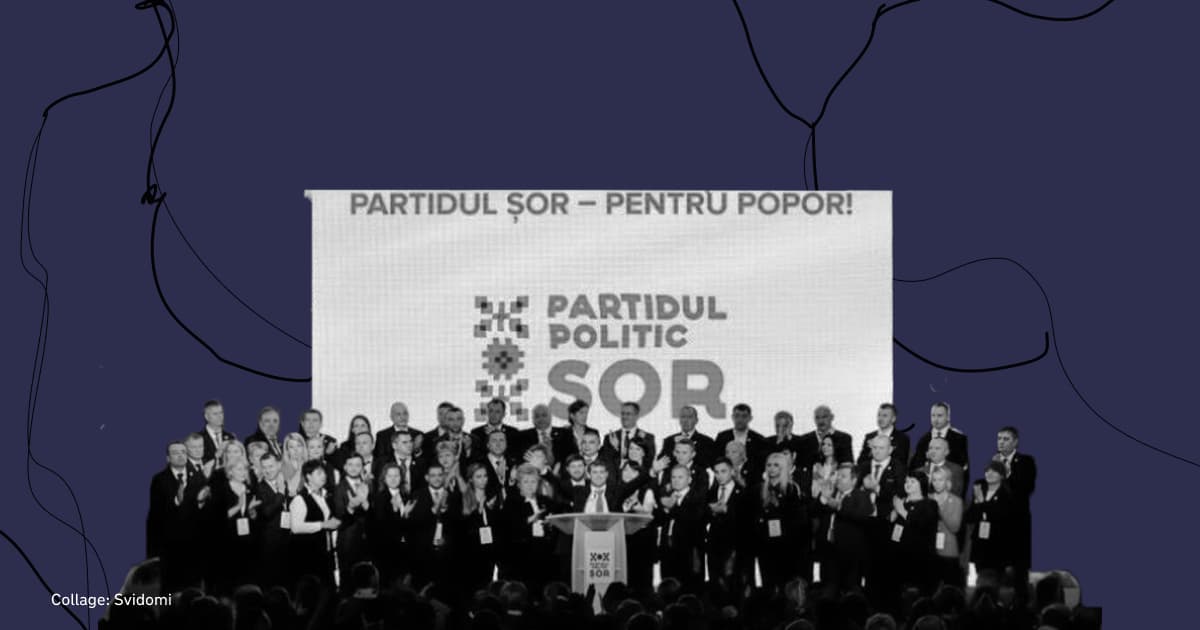
At the same time, the United States imposed sanctions on the party's leaders for "interfering in the election of the United States or any other foreign government in favour of Russia". In 2023, Moldova's Constitutional Court banned the party for "promoting the interests of a foreign state and harming the country's sovereignty".
In recent years, public opinion in Moldova has tended towards European integration. According to the International Republican Institute, in 2018, 46% of Moldovans supported the country's membership in the EU. Among young people, the figure was 59%.
In 2016, when the Association Agreement came into force, 43% of Moldovans were in favour of joining the European Union, while 43% were in favour of joining the Eurasian Union led by Russia.
In March 2022, according to Magenta Consulting, 61% of respondents favoured the country joining the European Union. In May of the same year, however, the number of supporters of the country's EU membership dropped to 56% of Moldovans.
Andrei Curararu believes that Moldovan society has become more favourable to EU membership, mainly because of geopolitical changes and security threats.
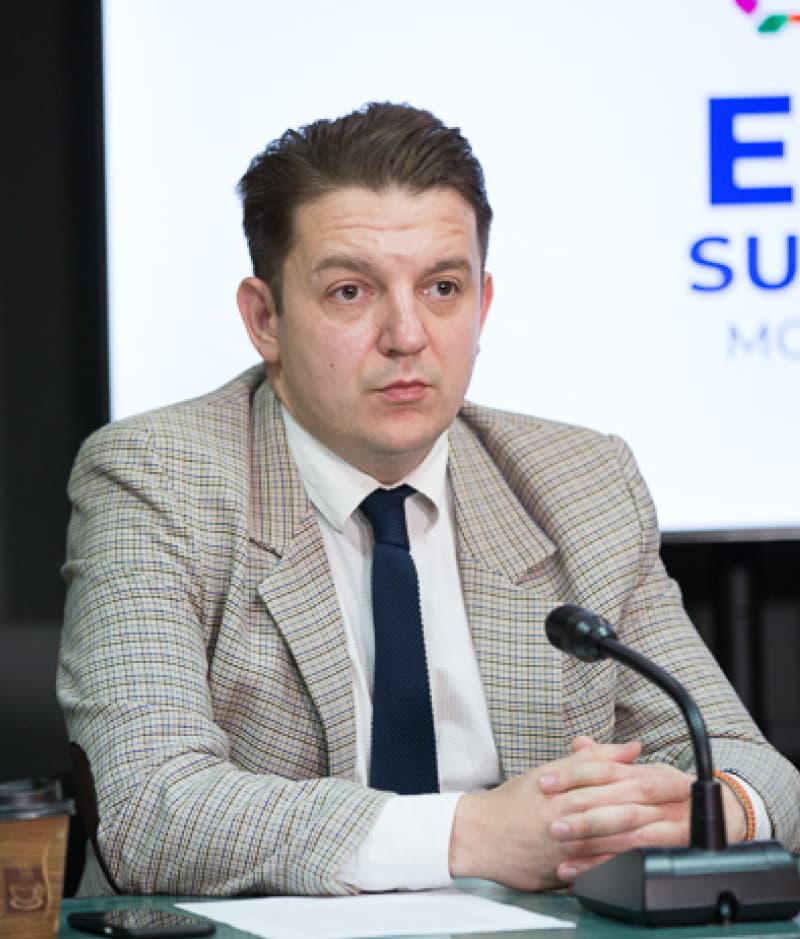
The presence of a separatist territory, Transnistria, under the influence of Russia, was a problem. In addition, Moldova's strong economic and energy dependence on Russia strengthens its EU aspirations,
the expert says.
External and internal threats

Transnistria is an occupied region of Moldova, where representatives of the country's constitutional authorities cannot even get access. Russia supports Transnistria,
President Maia Sandu said in 2020.
Transnistria is a self-proclaimed unrecognised state. Back in 1990, local deputies proclaimed the Transnistrian Moldavian Soviet Socialist Republic, and in 1991 — the Transnistrian Moldavian Republic. The Moldovan Soviet Socialist Republic lost control of the region and, after regaining independence in 1991, failed to regain it.

In 1992, after the collapse of the USSR, a military conflict broke out between the Moldovan-controlled territory and the unrecognised republic for control of the left bank of the Dnister.
Kostiantyn Vitman, PhD in Political Sciences, professor, head of the Training Center of Masters in Public Service and Judges, explains that the conflict began with "the law on the Functioning of Languages, adopted in 1989, which effectively made Romanian the official language”. Moldova also adopted the Latin alphabet.
The inhabitants of Transnistria protested against the new norms of "Romanisation", which later became a phase of separation from Moldova.
Russia also maintains a military contingent in Transnistria. According to the Centre for European Policy Analysis, in 2022, there were approximately 1,500 Russian troops and 4,500 to 7,500 local military personnel in the region.
In 2022, NATO Secretary General Jens Stoltenberg reported that the alliance believed that "Russia is keeping its military in Transnistria without Moldova's permission".
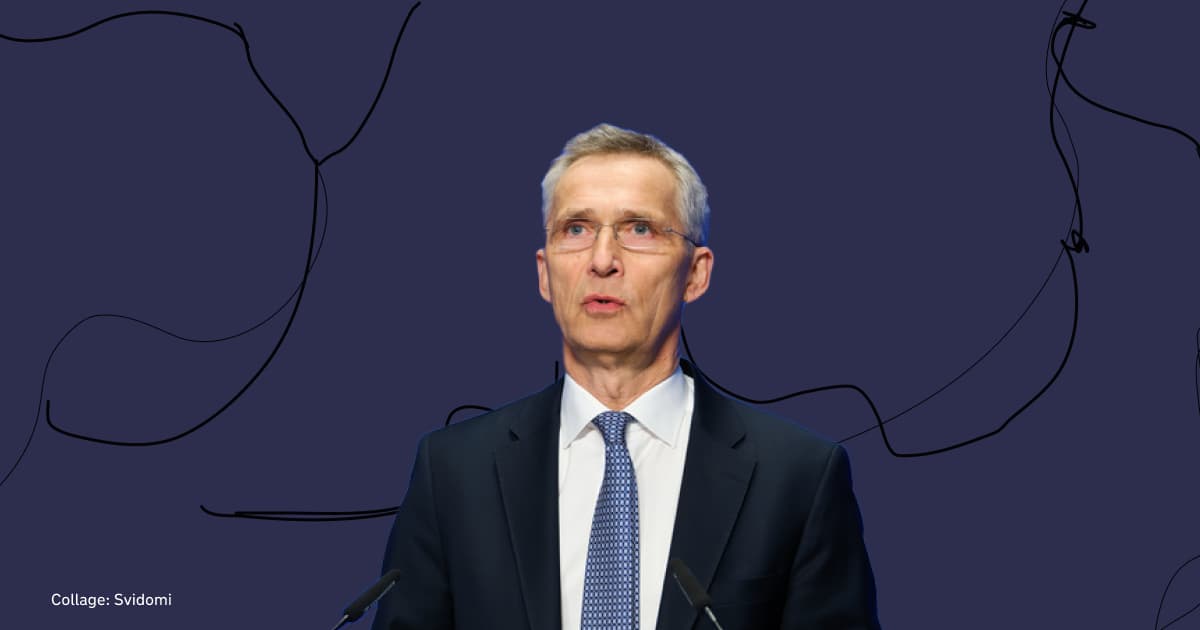
According to the Organisation for Security and Cooperation in Europe (OSCE), Russian troops, namely the 14th Guards Combined Arms Army, have been involved in the military conflict in Transnistria since 1992.
The OSCE reported that on 3 July 1992, Russian troops defeated Moldovan troops on the left bank of the Dniestr, ending the military conflict and preventing Transnistria from returning to Chisinau's control.
In 1999, at the OSCE summit, Russia promised to withdraw its troops from Transnistria, and by 2021, the Russian army was in Transnistria, controlling the territory.
In March 2022, the Parliamentary Assembly of the Council of Europe recognised Transnistria as "the territory of Moldova occupied by Russia".
In 2023, Maia Sandu said that Moldova sees only a peaceful solution to the reintegration of Transnistria and is considering the possibility of Moldova's integration into the EU in two stages: first, the right bank of the Dnister (Moldovan-controlled territory), then the left bank, where Transnistria is located.
Andrei Curararu believes that the Transnistrian issue is the leading security problem on Moldova's path to the European Union.
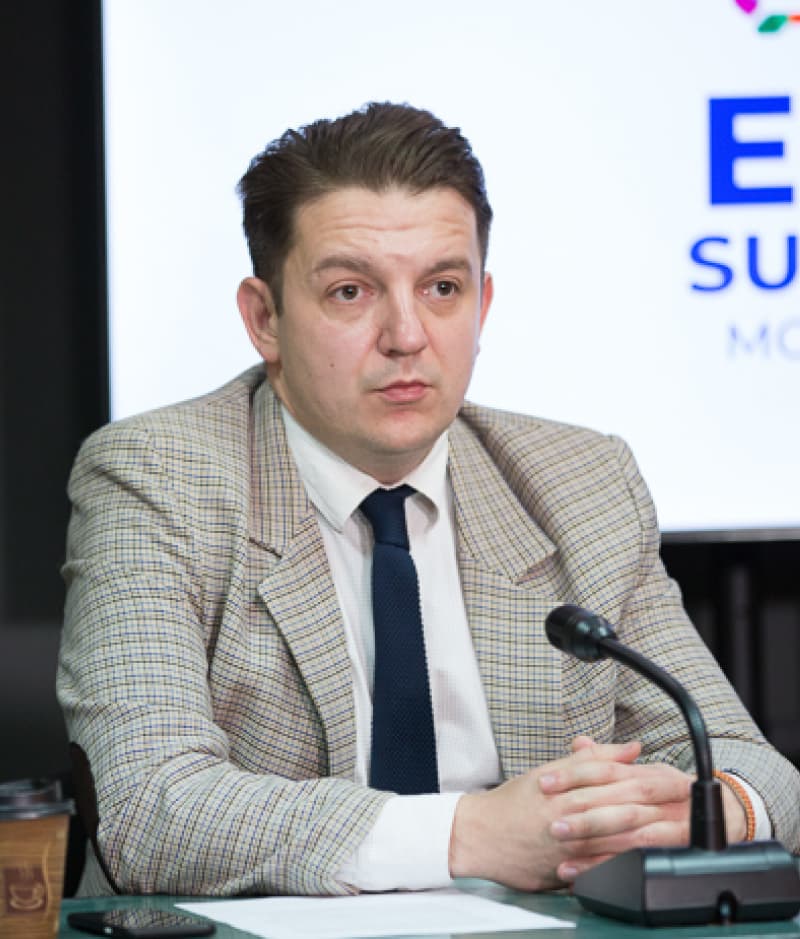
The situation to some extent reflects the Cypriot precedent when a divided country joined the EU (the Republic of Cyprus does not control the entire territory of the island; Türkiye has occupied part of it since 1975 — ed.). In the case of Moldova, a two-step approach to accession is being considered. This strategy recognises the challenge of resolving the Transnistrian conflict before integration. The potential benefits of Europeanisation for Transnistria should not be underestimated. The region has benefited economically from the Association Agreement, as EU markets are important for exporting companies registered in Transnistria. The prospect of and access to EU funds could motivate the Transnistrian authorities,
says Watchdog.MD's public policy expert.
In December 2023, the Moldovan parliament adopted a new national security strategy, recognising Russia's war against Ukraine as a threat to national security, particularly in the economic, financial and energy sectors, and public order.
Moldova will also develop its strategic security partnership with the EU and NATO while maintaining its constitutionally neutral status (according to Article 11 of the country's constitution, Moldova does not allow the deployment of armed forces of other states on its territory — ed).
Andrei Curararu tells that the new strategy is essential for Moldova's European integration path because it "identifies Russia as the main threat to national security" and "follows statements by Russian officials and actions in the region that suggest that Moldova could become a target for Russian aggression".
In December 2023, the European Union decided to open accession negotiations with Moldova. The European Commission praised Moldova's progress in judicial reform and the fight against corruption in its report.
Iurie Sănduță, an investigative journalist and director of the RISE Moldova project, says Svidomi that the Moldovan authorities are taking positive steps in the context of judicial and anti-corruption reforms.
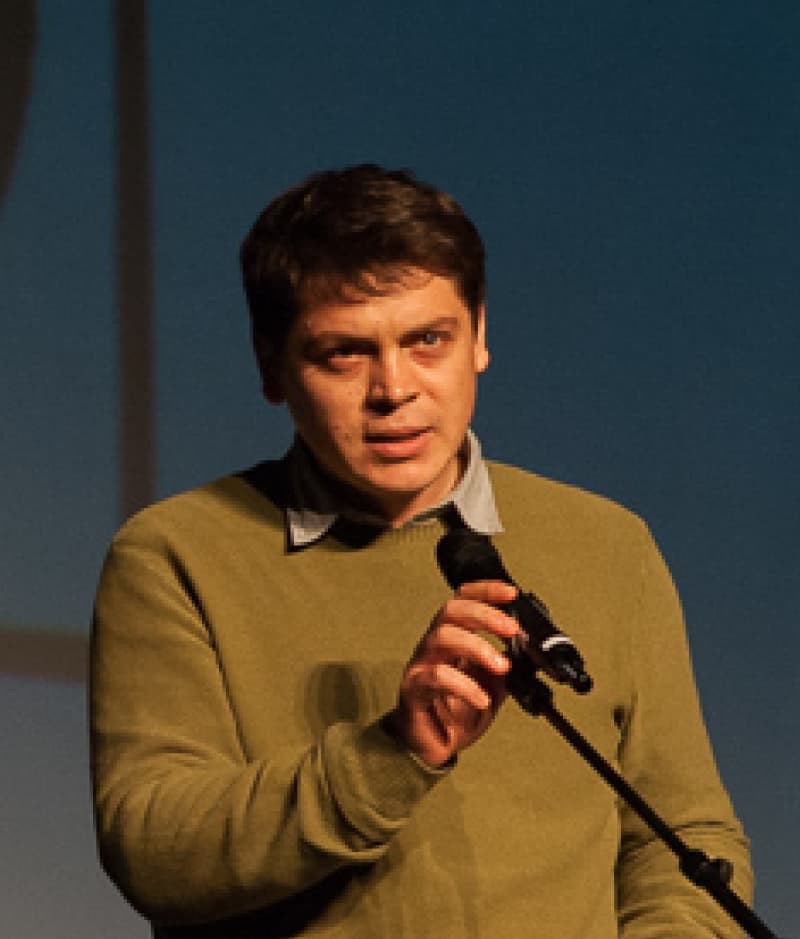
There are several new laws and institutions. For example, there are commissions to check the integrity of judges. Some of the members of the commissions are officials or judges from outside Moldova. Last year, the authorities also created the Centre for Strategic Communication and Combating Disinformation. We have a law requiring the declaration of the beneficial owners of a company, not just the directors and owners,
tells Iurie Sănduță.
The European Union is optimistic about Moldova's membership prospects and is already working on implementing an economic and investment plan for the country on its integration path.


